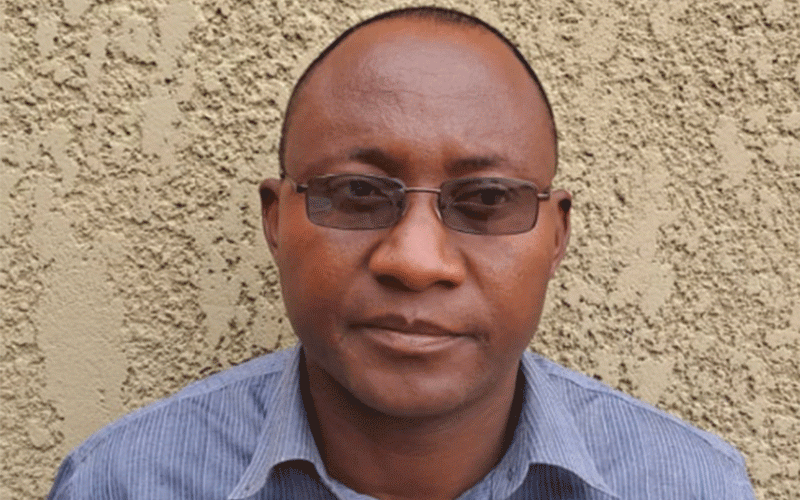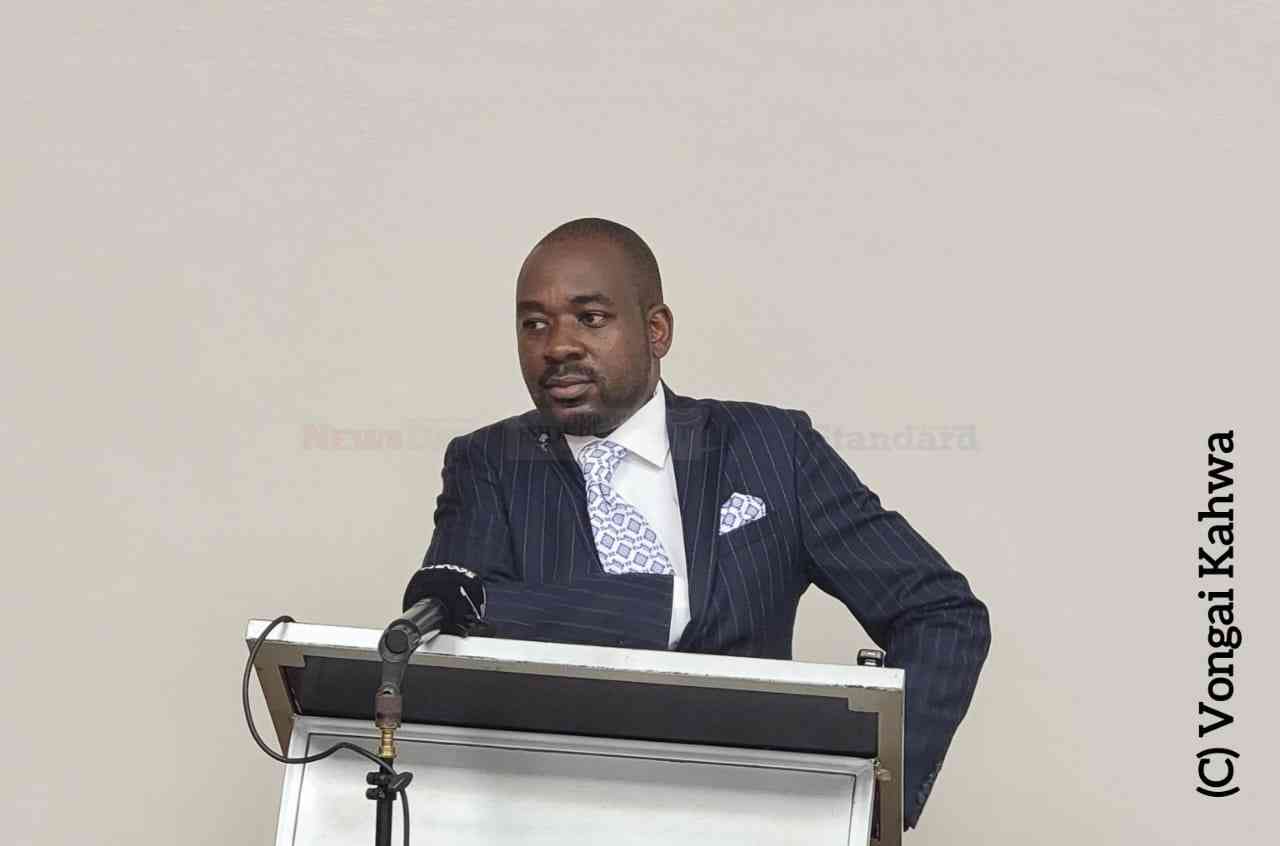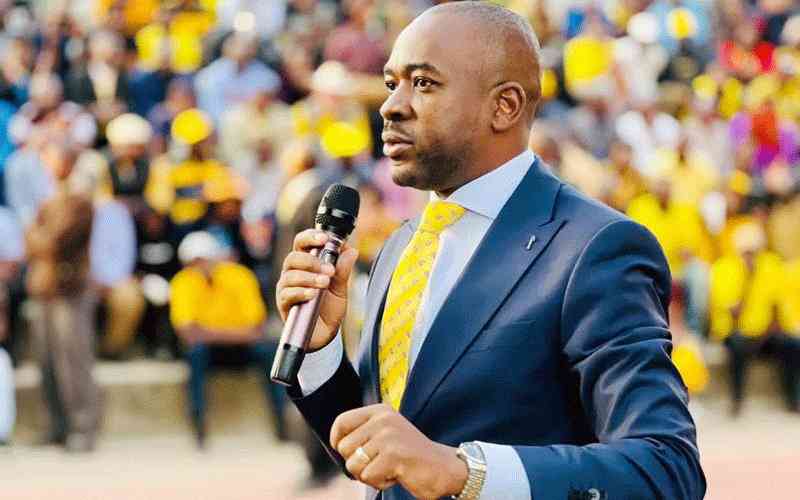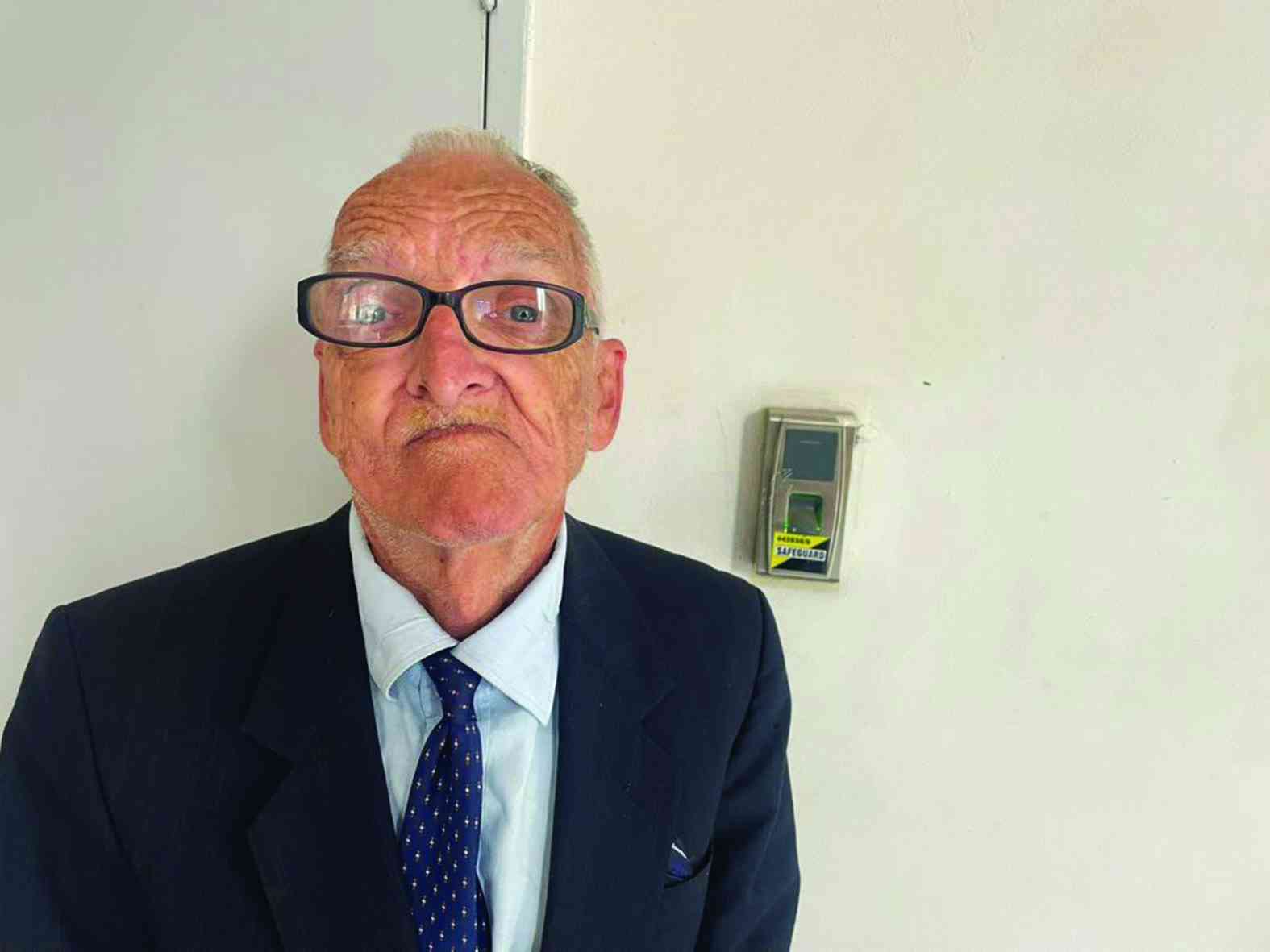
HEALTH experts have expressed concern over stigmatisation of people living with epilepsy in Zimbabwe, with some sections of society associating the ailment with evil spirits.
Yesterday, Zimbabwe joined other countries in commemorating International Epilepsy Day with this year’s theme being End Stigma.
Epilepsy is one of the most common neurological diseases worldwide, affecting around 50 million people of all ages. It is a central nervous system (neurological) disorder in which brain activity becomes abnormal, causing seizures or periods of unusual behaviour, sensations and sometimes loss of awareness.
According to the International League Against Epilepsy,180 000 to 500 000 people in Zimbabwe are living with epilepsy, about 134 out of every 1 000 people.
In a tweet yesterday, World Health Organisation (WHO) Zimbabwe said epileptic people in Zimbabwe find it difficult to live normal lives due to stigma.
“Stigma and discrimination against people with epilepsy are widespread and substantially impair quality of life, social wellbeing and health care seeking,” WHO said.
Medical and Dental Private Practitioners Zimbabwe Association president Johannes Marisa said society should be educated about epilepsy.
“This disease is unfortunately associated with evil spirits, especially in the community that we hail from. People should know that epilepsy is there everywhere and it is a disease that can be controlled as it runs as a chronic illness where somebody can have symptoms and signs for some time. It can be controlled with anti-convulsions,” he said.
- Mavhunga puts DeMbare into Chibuku quarterfinals
- Bulls to charge into Zimbabwe gold stocks
- Ndiraya concerned as goals dry up
- Letters: How solar power is transforming African farms
Keep Reading
“In Zimbabwe, government and public health institutions have drugs for epilepsy, but the only limitation that we have is on the issue of diagnosis. Medical facilities need electroencephalograms to diagnose. The availability of this special test is minimal.”
A medical doctor, Joe Chiripanyanga, said issues of epilepsy were not well addressed in the country as the patients faced a lot of discrimination from a young age.
“The majority believe that the seizures are a result of spiritual attacks, demons or bewitchment. People really don’t believe or understand that epilepsy is a medical condition, and that it can be managed using medical solutions,” he said. “When a child fits at school, they tend to be stigmatised, other children will isolate that child. Epilepsy has nothing to do with spirituality and it can be medically managed.”
Chiripanyanga urged people to support epileptic patients and ensure they get medication.











